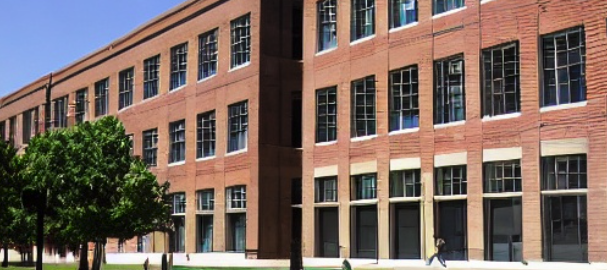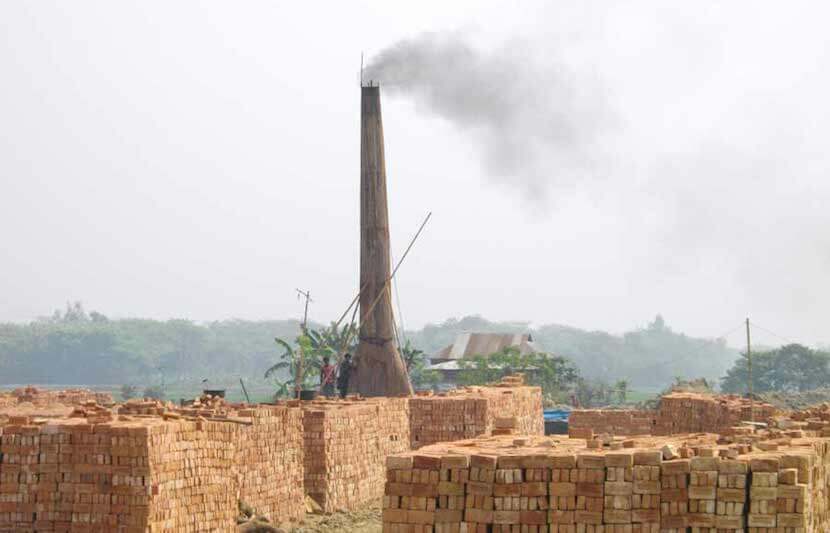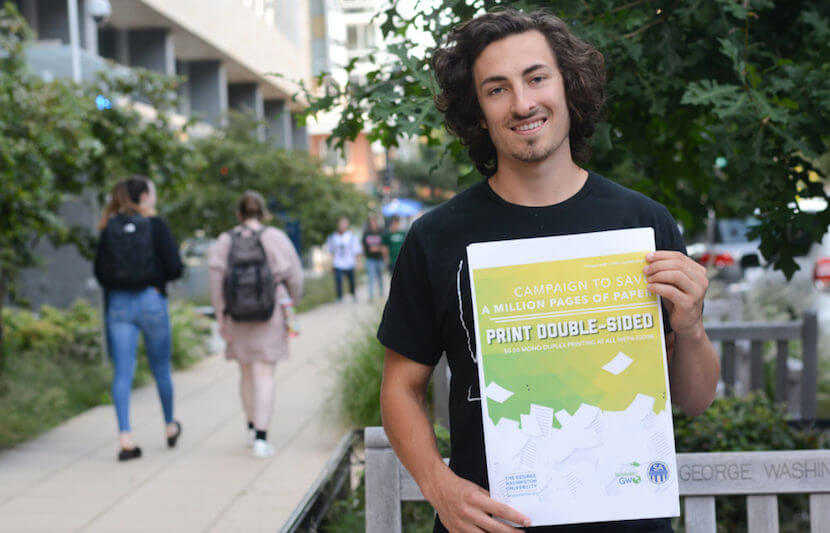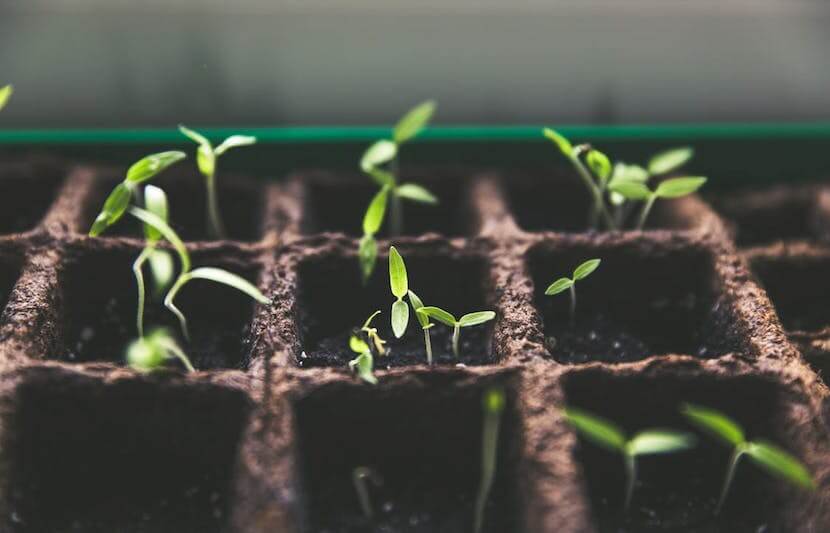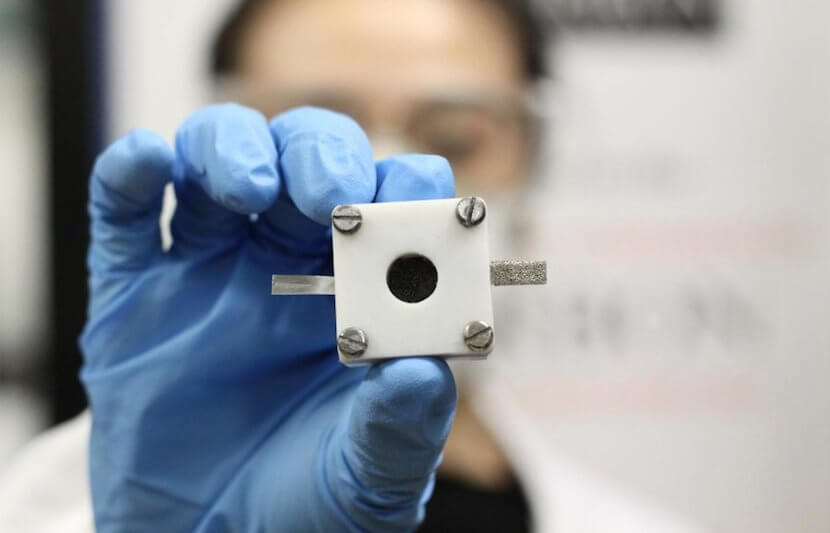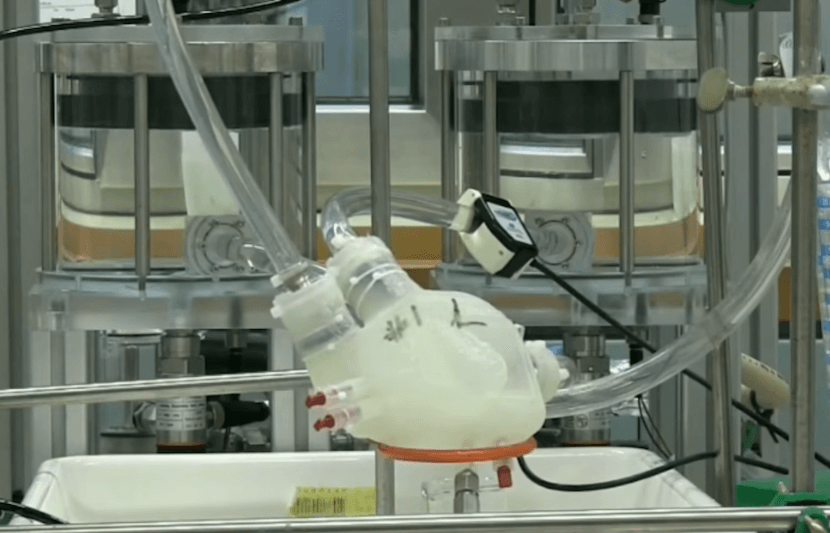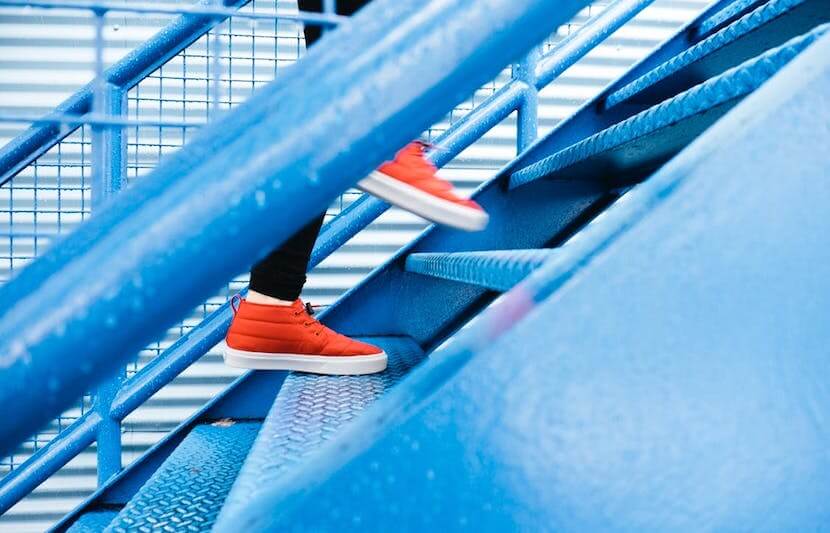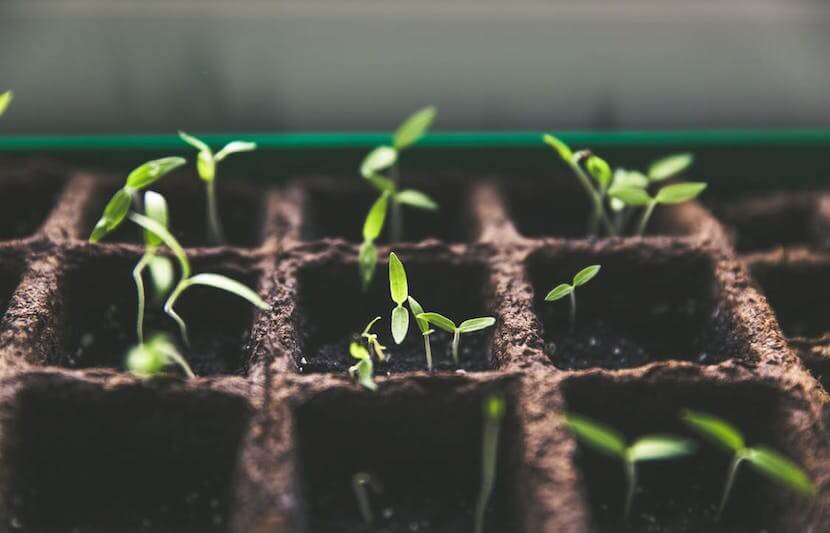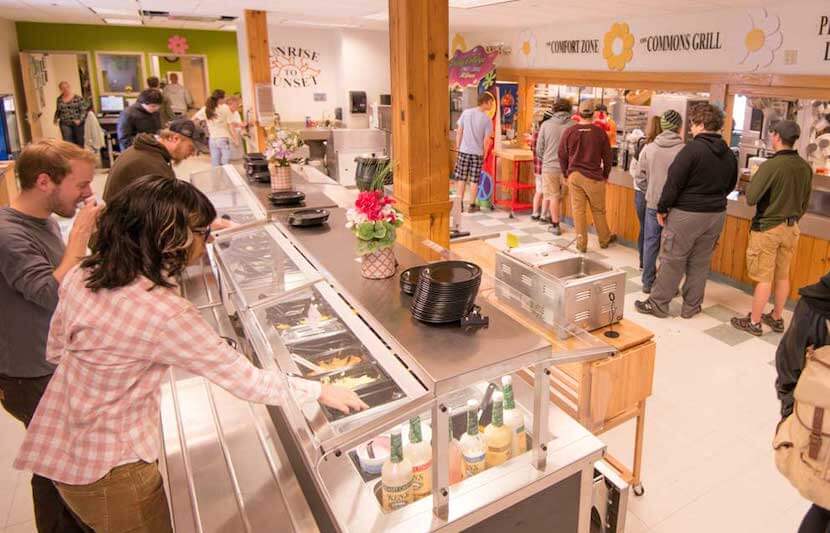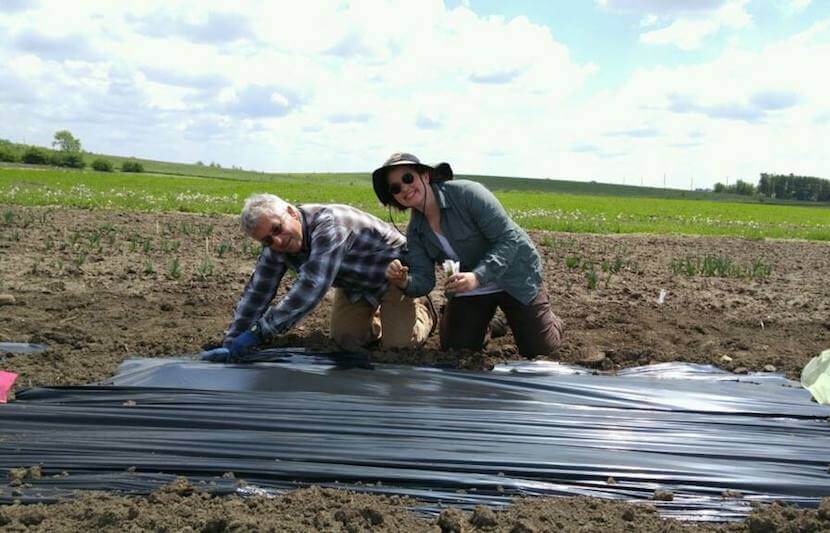-
Stanford University Researchers Tackle Pollution From Artisanal Brick Kilns to Save the Environment and Improve Health
Artisanal brick kilns contribute significantly to pollution in developing nations. Fortunately, a team of researchers from Stanford University has come up with a novel way to reduce pollution from such brick kilns. The team’s approach could have a major impact in mitigating global warming, improving air quality, and reducing negative health effects in adjoining communities.… Read More
-
George Washington University Student Creates ‘Save A Million’ Campaign
The Student Association (SA) at The George Washington University (GW) has launched a campaign to save 1 million pieces of paper by next summer at the behest of Logan Malik, a senior and SA’s director of sustainability policy. The campaign kicked off on September 10, and will run through June 2018. The “Save a Million”… Read More
-
University, Business and Government IMPACT Champions Gather at Third Annual UN Women HeForShe Event
Today marks the third anniversary of the launch of the HeForShe movement, which was created by UN Women, the UN entity for gender equality and empowerment of women. The movement takes a unique approach in that it specifically includes men and boys as partners in women’s fight for gender equality around the world, motivating them… Read More
-
Northeastern University Researchers Use Laser to Remove Contaminant From Soil
A team of researchers at Northeastern University has developed a method to remove a carcinogenic contaminant from soil with the use of lasers, without the costly need of removing the contaminated soil. The research team studied their technique by removing Dichlorodiphenyldichloroethylene (DDE) from soil. DDE is a breakdown byproduct of a popular pesticide Dichlorodiphenyltrichloroethane (DDT)… Read More
-
University of Sydney and Nanyang Technological University Researchers Develop Zinc-Air Batteries That Make Recharging Easier
A team of chemical engineering researchers from the University of Sydney and Nanyang Technological University in Singapore have developed rechargeable zinc-air batteries that could replace lithium-ion batteries as the power source for electronic devices. Zinc-air batteries, as the name suggests, use zinc metal and oxygen as the source of their power. Zinc-air batteries have many… Read More
-
Penn State University Researcher Helps Beaver Stadium and Other Sports Venues Reduce Waste
Penn State University’s Beaver Stadium, home to the Nittany Lions football team, is the second largest university stadium in the U.S. It hosts seven home games each year with attendance for each game reaching anywhere from 110,000 to 150,000. Imagine the waste generated in the stadium and the surrounding parking lots, which together occupy 110… Read More
-
Mister Fantastic? UC Santa Barbara and Stanford University Researchers Develop Soft Robot That Stretches From Its Tip
While robots are used in manufacturing industries, the military, space exploration, transportation, and medical applications, there hasn’t been one that could extend its reach until now. Researchers at the University of California, Santa Barbara (UCSB) and Stanford University have created a “soft” robot that could extend its tip and change its direction without moving its… Read More
-
ETH Zurich Researchers Develop Soft Artificial Heart Using 3D-Printing Method and Silicone
Heart failure is a major problem afflicting about 26 million people around the world. In the U.S. alone, about 6.5 million people suffer from heart failure, and the the number is projected to rise to 8 million by 2030, according to the American Heart Association. When heart failure reaches end stage, heart transplant may be… Read More
-
Want to Live Longer? New Harvard University Study Shows Improving Diet Over Time Reduces Risk of Death
New research from the Harvard T.H. Chan School of Public Health shows that it is possible to reduce the risk of premature death by improving our diet over a span of 12 years. According to the study, we could live longer by eating healthier — more whole grains, vegetables, fruits, nuts, and fish — over… Read More
-
Energy-Recycling Device Make Climbing Stairs Easier
Researchers at Georgia Tech and Emory University have developed a device that reuses the energy generated from descending stairs to make climbing stairs easier. The device provides a practical solution for millions of people who find it difficult to navigate stairs for various reasons, including degenerative joint disease, injury, and surgery. The new device, interactive… Read More
-
University of Sheffield Scientists’ Groundbreaking Research, Inspired by Photosynthesis, Paves Way for Future Inventions
We all learned about photosynthesis at some point in our education. We were taught that plants use sunlight to synthesize energy for their survival while creating oxygen for us to breathe. This process, which defines life as we know it, is simple to grasp. But how do plants actually convert light into energy? That’s… Read More
-
Unity College Dining Services Wins Sustainability Award for Zero-Waste Efforts
Unity College prides itself on being America’s Environmental College, and its many sustainability projects, including its quick transition to zero waste in its dining and catering facilities, supports that assertion. The college’s efforts to have zero waste in its dining and catering facilities were rewarded when Dining Services recently won the gold Sustainability Award in… Read More
-
University of Wisconsin–Madison Student Starts Campus Food Shed
University of Wisconsin–Madison has a new Campus Food Shed thanks to student Hannah DePorter, who was a junior when she first conceived of the project last year. Now, UW-Madison students and staff will have access to fresh produce for free over 7 months of the year. The Food Shed has four large refrigerators, which are… Read More
-
What’s the Right Way to Wash Our Hands? Rutgers University Research Debunks Hot Water Theory
If you have ever wondered whether you are washing your hands properly, then wonder no more. A recent Rutger University study provides us with the information we need to wash our hands thoroughly and remove germs that make us ill and spread disease. The study was led by Dr. Donald Schaffner, Distinguished Professor at Rutgers… Read More
-
Loughborough University Invents Technology to Reduce Hazardous Diesel Engine Emissions
A recent study by The International Council of Clean Transportation found that increased air pollution from diesel nitrogen oxide (NOx) emissions led to 107,600 early deaths in 2015. The study also found that actual NOx emissions are higher than the emissions reported by manufacturers, the difference referred to as “excess NOx emissions.” Of the early… Read More

